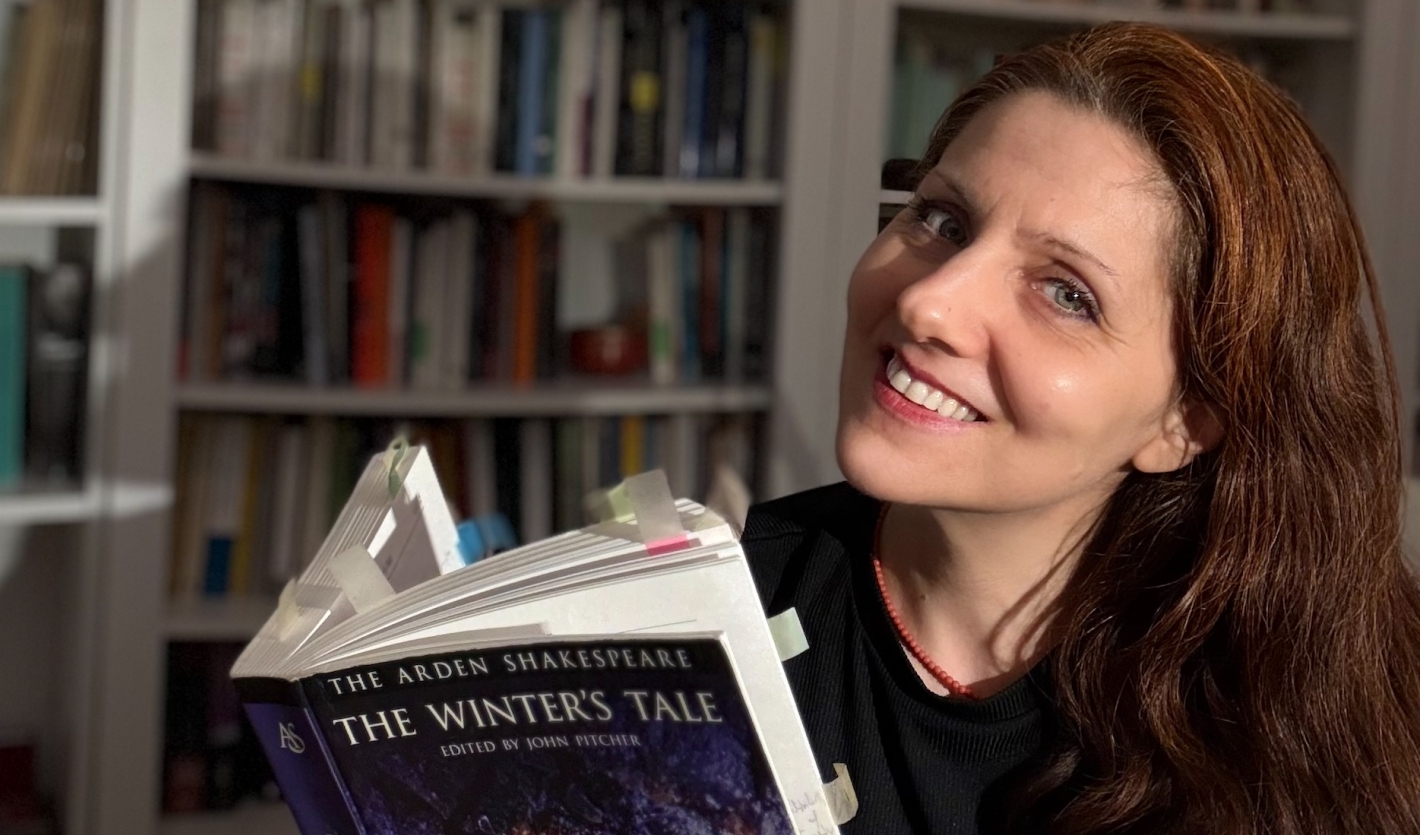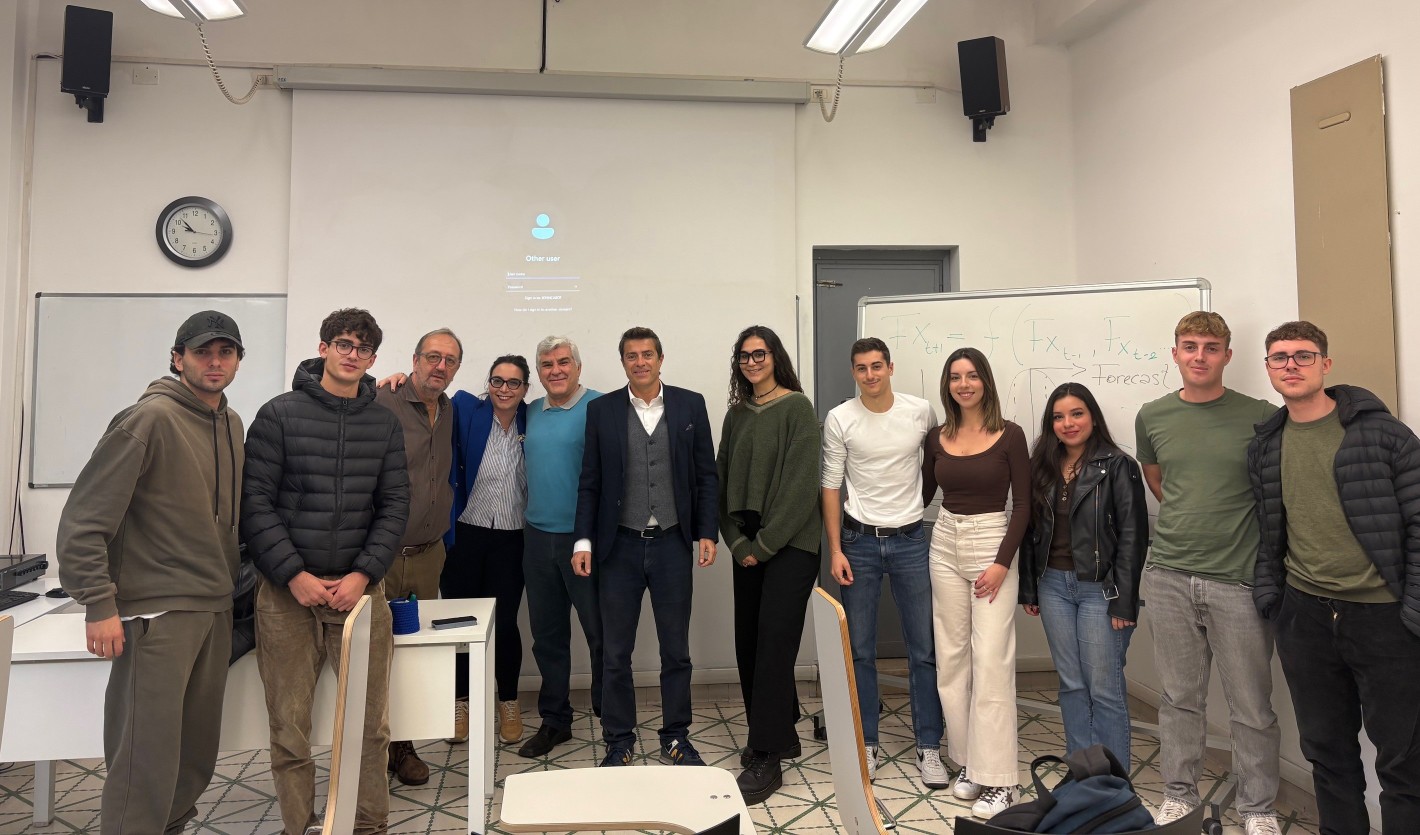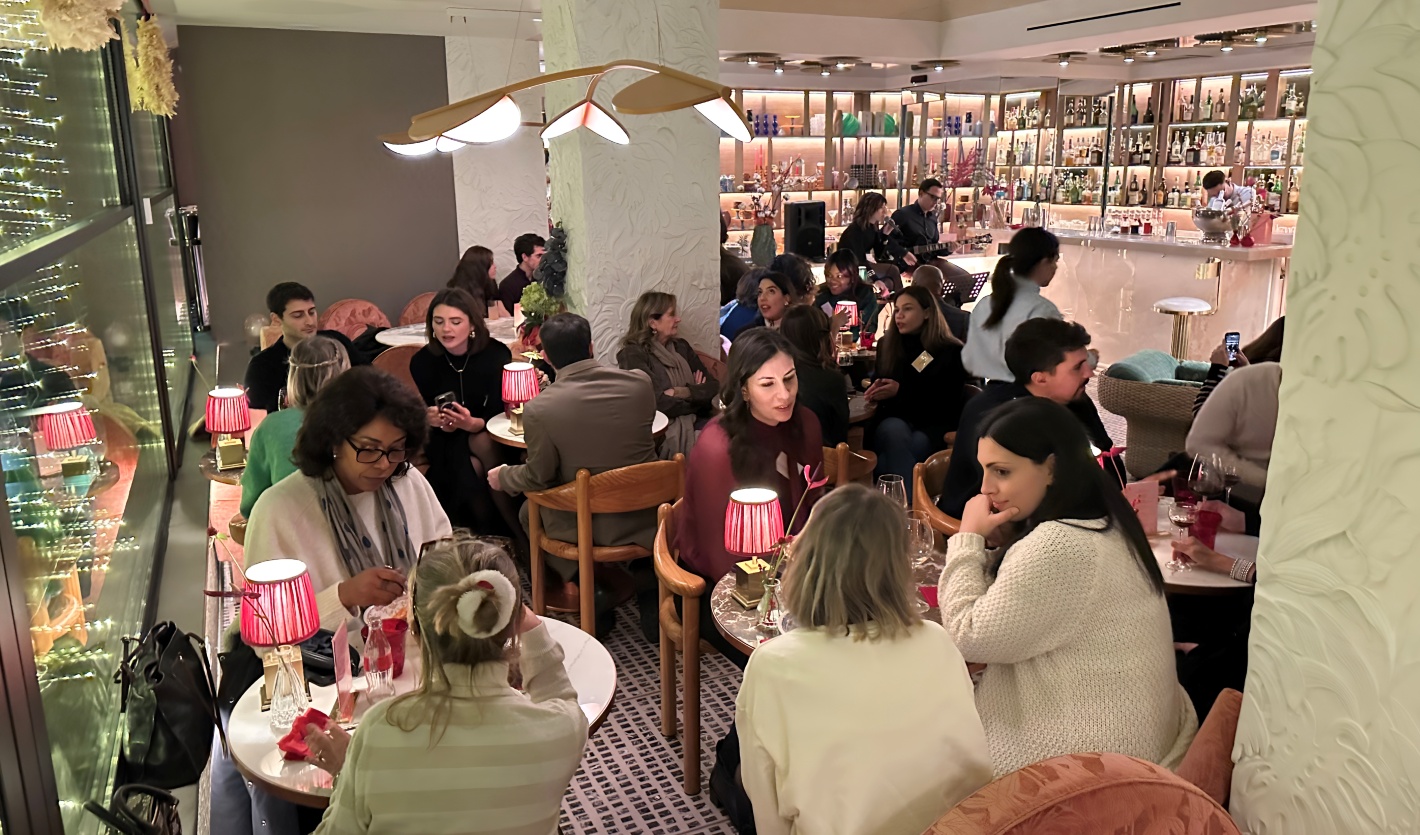Livia Sacchetti was born in Rome, where she was raised bilingually and educated in English. She earned her degree at Sapienza University with a Master's thesis on Shakespeare's Romeo and Juliet and a doctoral thesis on Tom Stoppard's theater. She has been teaching and writing about literature and working as a translator for 20 years. Her main fields of interest are 20th and 21st-century drama and Shakespeare studies. She has a keen interest in feminist theory and has written about Shakespeare's women.
Tell us a bit about your background.
I grew up in an anglophone setting, so I studied exclusively in English until I went to Sapienza. I sort of felt like I needed to, like I wasn’t “Italian enough.” My degree is in Lettere, so I studied humanities, which is similar to liberal arts. It was quite wonderful because I was able to study history and art history, and that’s when I found myself gravitating towards Shakespeare. It was Shakespeare who pulled me into English literature. I wrote my thesis on Romeo and Juliet, which drove me to drama, which is one of my greatest passions.
I did not always want to teach. I had a completely different plan. I come from a family of filmmakers, so while I was studying, I was translating films and writing for both film and fiction. When I finished my PhD, I was translating film and went to Germany. When I came back to Rome, the school where I went to high school needed a replacement. It was only for a month, and it was paid, so I figured I’d try it out. That’s when I discovered that I love teaching.
What brought you to JCU?
There was an opening for a professor to teach Shakespeare, which is one of my areas of interest and one of the things I research. At the beginning, I came to JCU with the intention of teaching only one course a semester, and I ended up really enjoying my time here. I really liked the department, the course, and the students. Then I started being offered to teach more courses, and I’m very happy here.
What is your teaching method?
I do a combination of a Socratic seminar and a lecture. The main idea of a Socratic seminar is that I can teach my students by asking them to think. By asking specific questions, I’m not just explaining the content. Within that explanation, I’m embedding questions to tease out their reasoning. The idea is that this can create a more engaging exchange, rather than a one-way discussion.
This method creates a great rehearsal for when students have to write a paper or give a presentation, because they're able to test their ideas in an environment where there are no negative consequences if they are wrong. I’ve taught both high school and college courses, and the central part of my teaching style continues to revolve around the idea of having a discussion and involving the students.
You have an interest in feminist theory, specifically about Shakespeare’s women. How do you think these characters speak to feminism today?
Shakespeare is interesting in terms of how he writes women. One of the primary influences of his writing was Queen Elizabeth. She had herself painted in male garb in hunting scenes and had the paintings hung around the palace. When you read the volumes written on Elizabeth’s queenship, we can see why Shakespeare plays with gender so much. He often has the queens and women in his plays wearing male clothing to gain more agency. Shakespeare works with characters who are literally objectified, meaning that their bodies are the object on which the patriarchy exercises its power. He writes female characters who treat their bodies differently and empower those bodies with desires. It’s something that is still relevant today. The female body has been used as a means for oppression, negotiation, and societal constructs. The way Shakespeare undoes and reconstructs the actual presence of the body on stage is very powerful. I think he’s able to do this so strongly because his actors were male. Had he had female actors, I don’t think he would’ve been as daring in terms of the things that he was able to play with.
You recently participated in the AIA Conference in Turin. Tell us about your contribution to the panel, as well as your paper “Life of the Mound”.
The AIA Conference is the largest English literary conference in Italy. It's where all the departments of English literature at all the Italian universities gather once a year. It is also a conference where they deal with all the practical matters of English scholars --- anything from their organization to elections to political matters. The focus of the keynotes this year was AI and the ecological crisis.
This was my first time attending the conference. I spoke as part of a panel about Samuel Beckett studies, specifically acts of resistance in his writings, and I was fortunate because it was filled with noteworthy Beckett scholars. The panel was quite interesting because it looked at many new readings of Beckett and new ways of thinking about him.
My paper dealt with Beckett’s play Happy Days from an ecocritical perspective. Ecocriticism is a philosophical way of looking at the relationship between humans and nature. In drama, stages tend not to have nature in them. Plays in general tend to be in enclosed spaces that reflect human hierarchies. It becomes interesting to look at the plays that do include outdoor spaces and what they do with them. What’s interesting about Beckett’s stages is that they’re never just metaphorical and never just literal. In Happy Days, a woman is entombed in a mound for the entirety of the play. In the first act, she is entombed to right below her bust, and in the second act, she is entombed to her neck. What I examined was the entombment, the arc that the mound has, and what nature does within the context of the play.
Do you have any future projects we should look out for?
I have a lot of future projects! I’m preparing an article on ecocritical readings of three Shakespeare plays, as well as a book about Shakespeare. I’m also writing another article about tragedy in Beckett, which is difficult because his works have never been regarded as tragedies.












